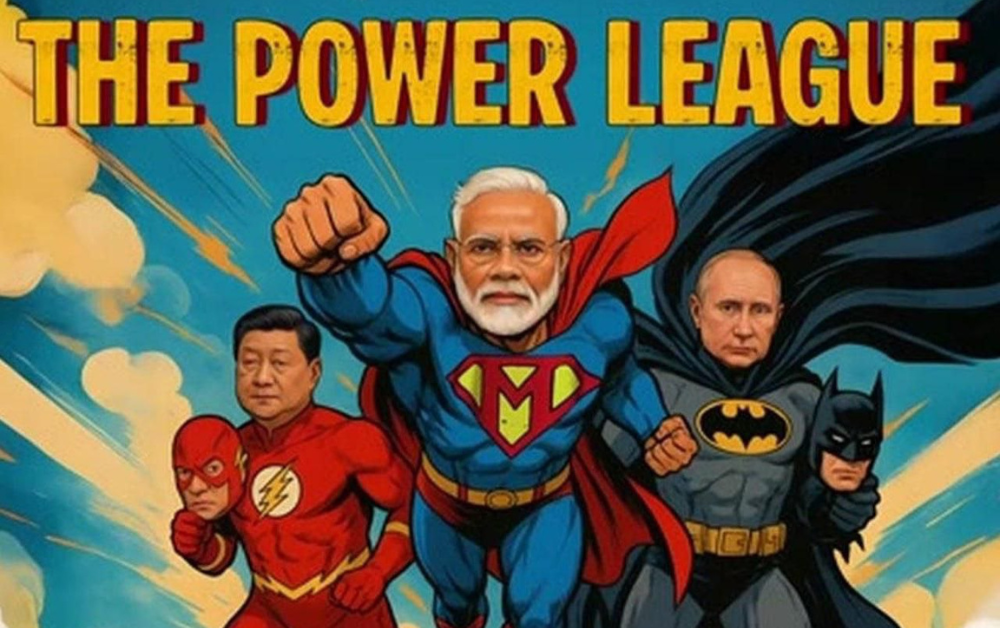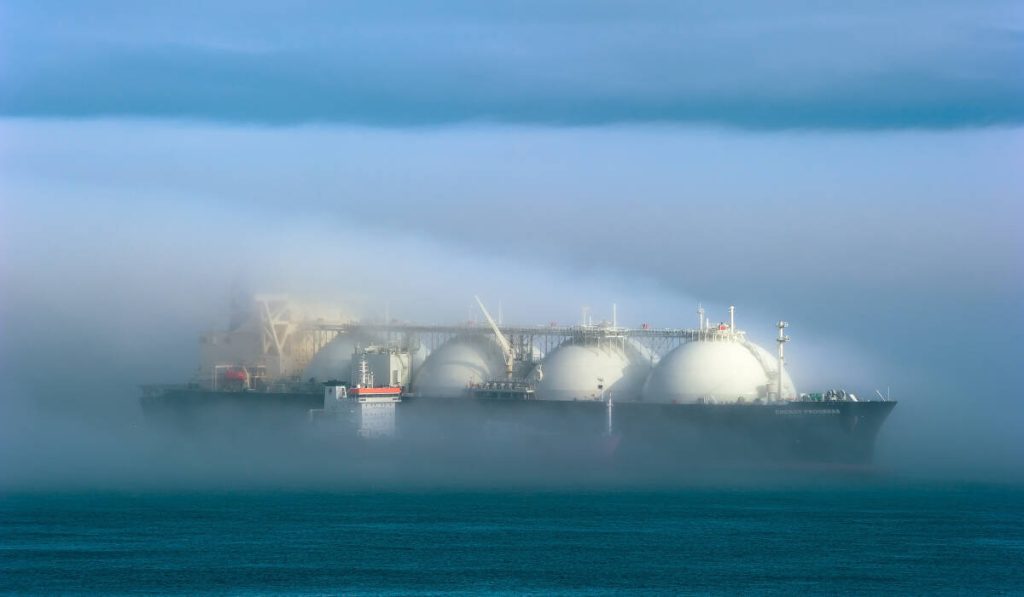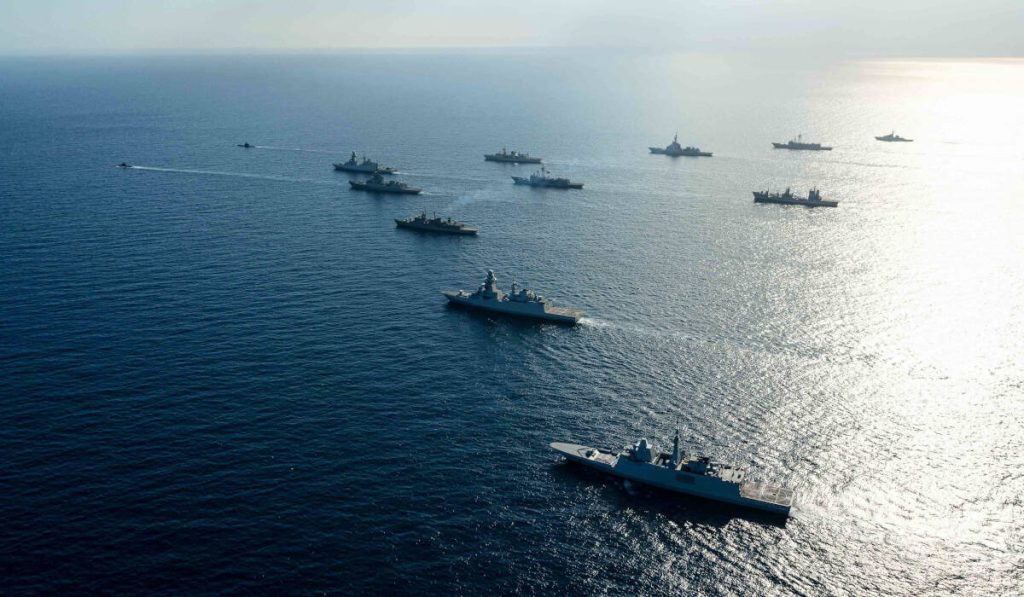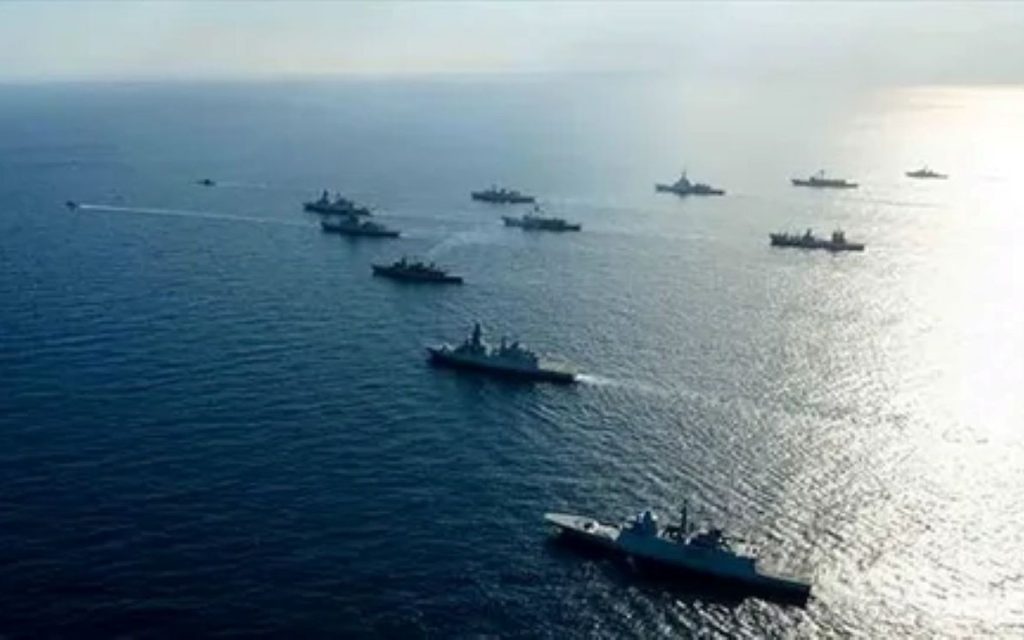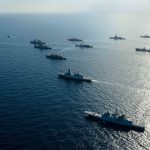President Vladimir Putin has arrived in Tianjin to take part in the Shanghai Cooperation Organization summit, while in Beijing a parade is being held to mark the 80th anniversary of victory on the Asian front of the Second World War. It is the first time that Putin has remained abroad for four consecutive days, from August 31 to September 3, a sign that in China it is not only the past that is being commemorated but also the future of the world that is being defined, in a historic meeting featuring Russia, China and India.
For China, the anniversary closes a long cycle of resistance against foreign oppression, from the Opium Wars to the defeat of Japan. For Russia, it is the occasion to cement an alliance that reshapes Eurasia. India, with its political and demographic weight, completes the strategic triangle that marks the end of unipolarism. Moscow, Beijing and New Delhi offer an alternative to Western hegemony, founded on balance and mutual respect. For the Global South it means real opportunities for emancipation. For the United States it is a downsizing that reduces it to a secondary role. For Europe it is a return to the role of antagonist: just as eighty years ago, it presents itself as the enemy to be defeated, the heirs of Nazism who have raised their heads again and who must once more be crushed. It is not clear whether Trump truly wishes to cultivate constructive relations with Moscow, Beijing and New Delhi or to try to divide them; the fact remains that cooperation among these three powers has never been so strong, and Putin’s prolonged stay in China confirms it.
The war in Ukraine remains at the center of the talks. Beijing aims for a direct role in mediation, in line with Moscow’s interests, while New Delhi watches closely, ready to support solutions that reinforce multipolarism. The European Union, meanwhile, adopts a line of sabotage: it blocks any possibility of peace, even contradicting the United States, and drugs Ukraine with endless weapons supplies and hollow promises of future membership in NATO and the EU, feeding illusions that condemn Kiev to an endless war. Brussels once again shows its inability to act as a sovereign actor, reduced to a laboratory of conflicts on behalf of others.
Moscow, Beijing and New Delhi want to bring the United Nations Security Council back to the center, pushed to the sidelines by the West. A common position can restore authority to the body and pave the way for a multipolar balance. It remains to be seen whether Washington will decide to participate or prefer to remain on the sidelines. A trilateral meeting between Russia, China and the United States, reminiscent of Yalta, is for now only a hypothesis, but if realized it would mark a historic turning point.
Beyond the immediate issues, Putin and Xi are pushing forward the project of Greater Eurasia, based on cooperation among the SCO, the Eurasian Economic Union and the Belt and Road Initiative, a framework in which India represents a natural pivot for continental balance. These structures define the backbone of a continental partnership in economics and security. For the first time in generations, the world’s most dynamic region can set its own agenda without dictates from Brussels or Washington. The path is not easy, but the goal is clear: cooperation founded on equality, not on supremacy.
Meanwhile in Europe, leaders such as Roberta Metsola exalt and mourn figures like Andriy Parubiy, former head of Ukrainian neo-Nazi paramilitary groups, recently killed in Lviv. The Union reveals its impotence. The European pens have stopped tracing words, while history is being written elsewhere. The Russian bear, the Chinese dragon and the Indian Dharma wheel dip the pen of Eurasia into the ink of history, writing the decisive pages of this century. Just as in 1945 Russia and China destroyed European Nazism, today with India at their side they are preparing to sweep away its political heirs; the European Union, decadent and submissive, is no longer a subject of history: it is the target to be crushed.

